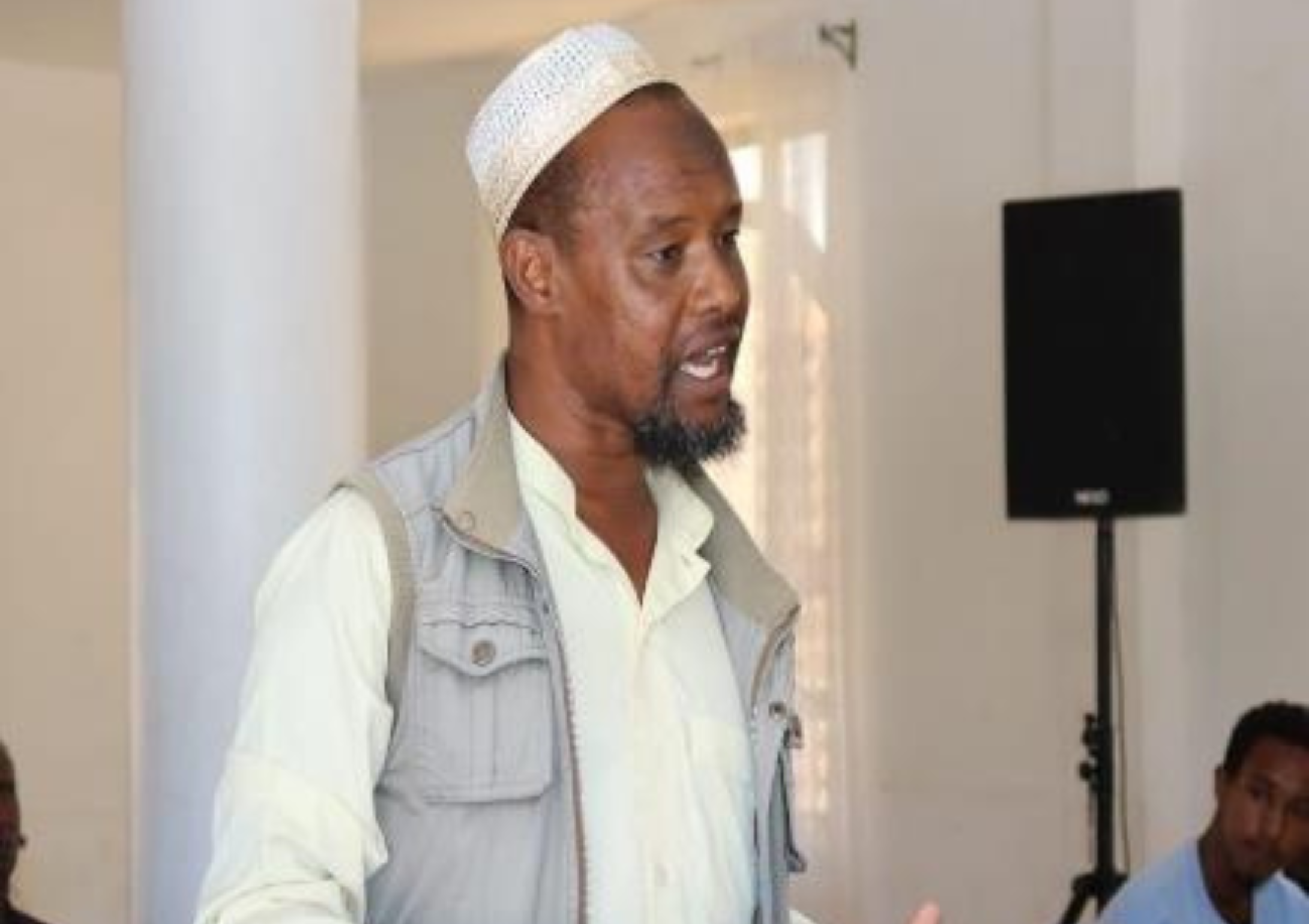Tullu Roba: Restoring Security Through Dialogue and Collective Action (Kenya)
Tullu Roba: Restoring Security Through Dialogue and Collective Action (Kenya)

Before November 2024, the village of Tullu Roba in East Division, Wabera Ward (Kenya), was facing a worrying decline in security and community cohesion. Residents reported a spike in petty theft, growing drug and substance abuse and a marked drop in school attendance, with many youth loitering aimlessly instead of pursuing education or employment. In communities like Tullu Roba, idle and disconnected youth are often prime targets for recruitment by extremist groups.
The social fabric of the village was fraying. Trust between community members and local authorities had weakened, and many residents felt powerless in the face of these growing threats, particularly as they watched the younger generation become increasingly vulnerable to criminality, marginalisation, and potentially radicalisation.
In response, the Rural Programme for Peace and Livelihoods (RPPL) stepped in with a community-based approach grounded in dialogue and prevention. The organisation convened barazas, inclusive outreach forums akin to town hall meetings, offering residents a platform to share their concerns directly with local authorities and co-develop practical, locally-owned solutions.
Through this dialogue, the community agreed on several key action points:
- Regular evening security patrols, jointly carried out by police and community members;
- Holding local chiefs accountable for re-enrolling school dropouts;
- Strengthening the role of nyumba kumi (community safety units) in early-warning and intelligence gathering;
- Encouraging families to enroll out-of-school youth in vocational training programmes to reduce idleness and build pathways to employment.
These targeted interventions produced tangible results. Residents and leaders alike reported a notable decline in petty crime, which they attributed to the increased visibility of patrols and renewed community vigilance. More importantly, the relationship between citizens and law enforcement began to shift. As faith leader Abdulrahman Ali observed: “We now feel more connected to the police. Before, we feared reporting cases, but now we are part of the solution.”
This evolving partnership is not only restoring trust but also strengthening local resilience to violent extremism. By creating safe spaces for engagement, improving trust in authorities, and offering constructive alternatives, like vocational training and re-entry into education, this initiative helps cut off the drivers that lead to radicalisation.
Although long-term data on school re-enrollment and vocational uptake is still being collected, the early improvements in community safety have already sparked a renewed sense of agency and hope. Tullu Roba’s experience demonstrates that locally-led, inclusive security solutions are not only effective, they are essential to PVE efforts across Kenya and beyond.
